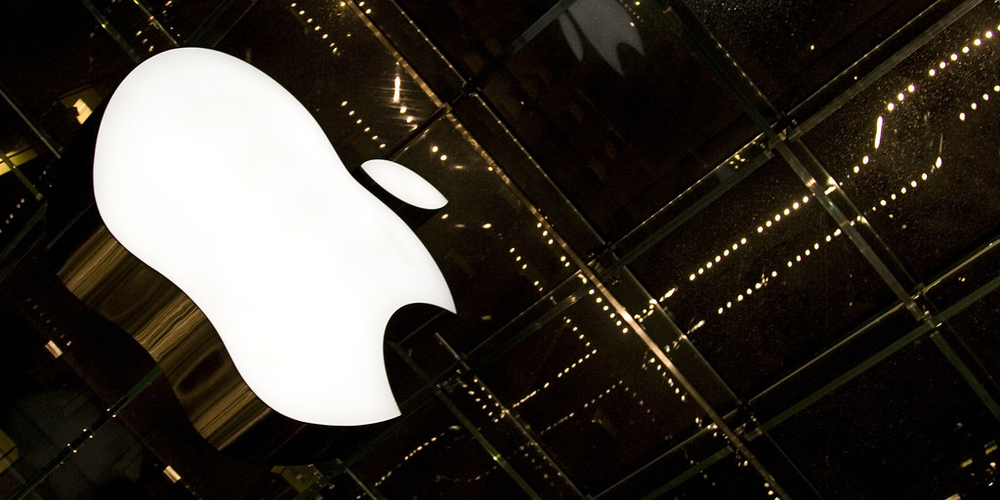Breaking the Bubble: Apple Embraces RCS, Unifying iPhone and Android Messaging
- Nov 20, 2023
- 410

The landscape of digital communication is witnessing a monumental shift as Apple, in an unexpected twist, announces its decision to integrate the RCS (Rich Communication Services) standard into its messaging framework. For years, Apple's exclusivity approach with iMessage has been a point of contention, creating an almost tribal divide between iPhone and Android users. Yet, it seemed that Apple's "blue bubble" enclave would remain impervious to the pleas for cross-platform compatibility. That is, until today, when Apple revealed plans to usher in a new era of interoperability—a decision that could reshape how we communicate.
With this move, Apple is paving the way for a future where the color of your message bubble no longer dictates the quality of your chatting experience. RCS promises to endow Android users with capabilities akin to those enjoyed within iMessage: read receipts, high-quality media sharing, better encryption, and more—all the trappings that iPhone users have long taken for granted. This convergence is not only about bridging the technological gap but also about addressing the social implications that have arisen from the "green bubble" stigma, which has affected group dynamics and personal choices regarding smartphone allegiance.
The announcement comes as a surprise, shattering the status quo on a seemingly ordinary Thursday rather than during the fanfare of a keynote event. This decision suggests a strategic maneuver by Apple, likely influenced by the prospect of regulatory intervention. Similar to the European Union's directive for a unified charging port, the looming threat of imposed standardization might have spurred Apple into action—opting for a voluntary adoption of RCS rather than a mandated one. This proactive approach could be seen as Apple's bid to maintain a semblance of control over its messaging ecosystem while conforming to global communication standards.
The implications of this shift are vast. For consumers, it signals the end of a long-standing barrier that has influenced device purchasing decisions and social interactions. The tech industry, too, will feel the tremors of this change as third-party services striving to bridge the iOS-Android messaging divide face an uncertain future. Apple's choice may render these interim fixes unnecessary, as in-built support for RCS could provide a more cohesive and dependable messaging service across different devices. This move supports improved communication but could potentially undermine the viability of companies that have thrived on fixing compatibility problems.
In conclusion, Apple's adoption of RCS is more than just a technical update—it's a significant step towards a more inclusive and unified digital communication landscape. This development has the potential to dissolve the barriers that have long segregated iPhone and Android users, fostering a more harmonious messaging environment. As we approach this new horizon, it's clear that the days of the green bubble's exile are numbered, and the promise of seamless, cross-platform messaging is on the horizon, signaling a new chapter in the way we stay connected.